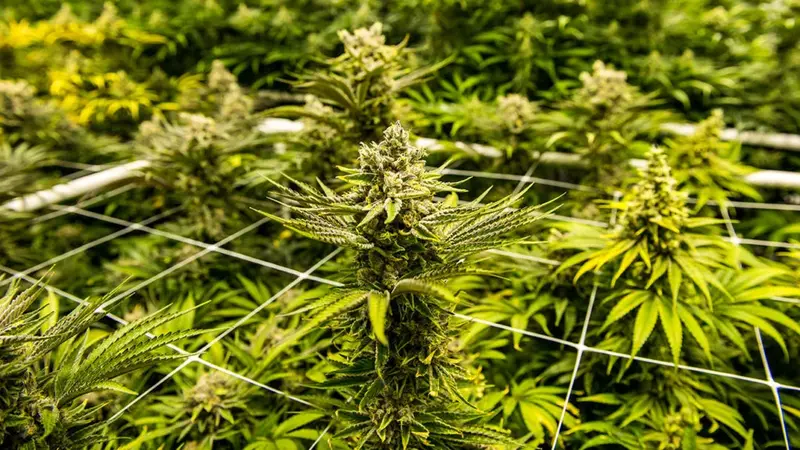Cannabis, also known as marijuana or weed, has been a topic of controversy and debate for decades. Its consumption for recreational and medicinal purposes has increased in recent years, leading to a need for a comprehensive evaluation of its potential risks.
This article aims to provide an extensive analysis of the dangers associated with cannabis use, considering both short-term and long-term effects, and providing a balanced perspective on the subject
Short-term Effects
1.1. Psychoactive Effects:
Cannabis is known to produce psychoactive effects due to the presence of delta-9-tetrahydrocannabinol (THC), its primary psychoactive compound. These effects include altered perception, impaired memory, increased heart rate, and impaired motor skills. While these effects can be enjoyable for some users, they can also lead to impaired judgment and coordination, increasing the risk of accidents and injuries.
1.2. Acute Health Risks:
Short-term weed use can lead to acute health risks such as anxiety, paranoia, and panic attacks, especially in individuals predisposed to mental health disorders. Additionally, smoking cannabis can cause respiratory issues, similar to those associated with tobacco smoking, including bronchitis and lung irritation.

Long-term Effects
2.1. Mental Health:
One of the most debated aspects of weed use is its potential impact on mental health. Long-term and heavy cannabis use has been linked to an increased risk of developing mental health disorders, such as schizophrenia and psychosis, particularly in individuals with a genetic predisposition or a history of mental illness. However, the relationship between weed use and mental health is complex, and further research is needed to establish causality.
2.2. Cognitive Function:
Chronic cannabis use, particularly when initiated in adolescence, has been associated with impaired cognitive function, including reduced memory, attention, and executive functioning. However, it is crucial to note that the extent and reversibility of these effects are still debated, as confounding factors such as polydrug use and pre-existing cognitive abilities may influence the outcomes.

2.3. Addiction and Dependence:
While cannabis addiction is relatively rare compared to other substances, it can still occur, particularly in individuals who use weed heavily and regularly. Cannabis use disorder (CUD) affects a subset of users, leading to withdrawal symptoms, difficulty controlling use, and negative consequences in various life domains.
Comparative Risk Assessment
To provide a balanced perspective on the dangers of cannabis, it is essential to compare its risks to those of other substances. In this section, we briefly discuss the comparative risks of cannabis, alcohol, and tobacco.
3.1. Alcohol:
Alcohol use is associated with a wide range of acute and chronic health risks, including liver disease, cardiovascular problems, addiction, and an increased risk of accidents and violence. Compared to alcohol, cannabis is generally considered less harmful in terms of acute toxicity and the potential for physical dependence.
3.2. Tobacco:
Tobacco use is a leading cause of preventable death worldwide, primarily due to the increased risk of lung cancer, cardiovascular diseases, and respiratory illnesses. While cannabis smoke contains similar carcinogens as tobacco smoke, the levels and patterns of use differ significantly, with weed users typically smoking less frequently than tobacco users.
Evaluating the safety of cannabis involves considering both short-term and long-term effects, as well as comparing its risks to those of other substances. Cannabis use carries potential short-term risks such as impaired judgment and respiratory issues, while long-term use may contribute to mental health disorders, cognitive impairment, and addiction. However, it is crucial to acknowledge that the risks associated with weed are not uniform and vary depending on individual factors, patterns of use, and underlying vulnerabilities. Public education, responsible use and further research are vital for developing a nuanced understanding of the risks and benefits of cannabis.
(Disclaimer: The information given here is based on general information. Before adopting it, definitely take medical advice. THE MONK does not confirm this.)





































